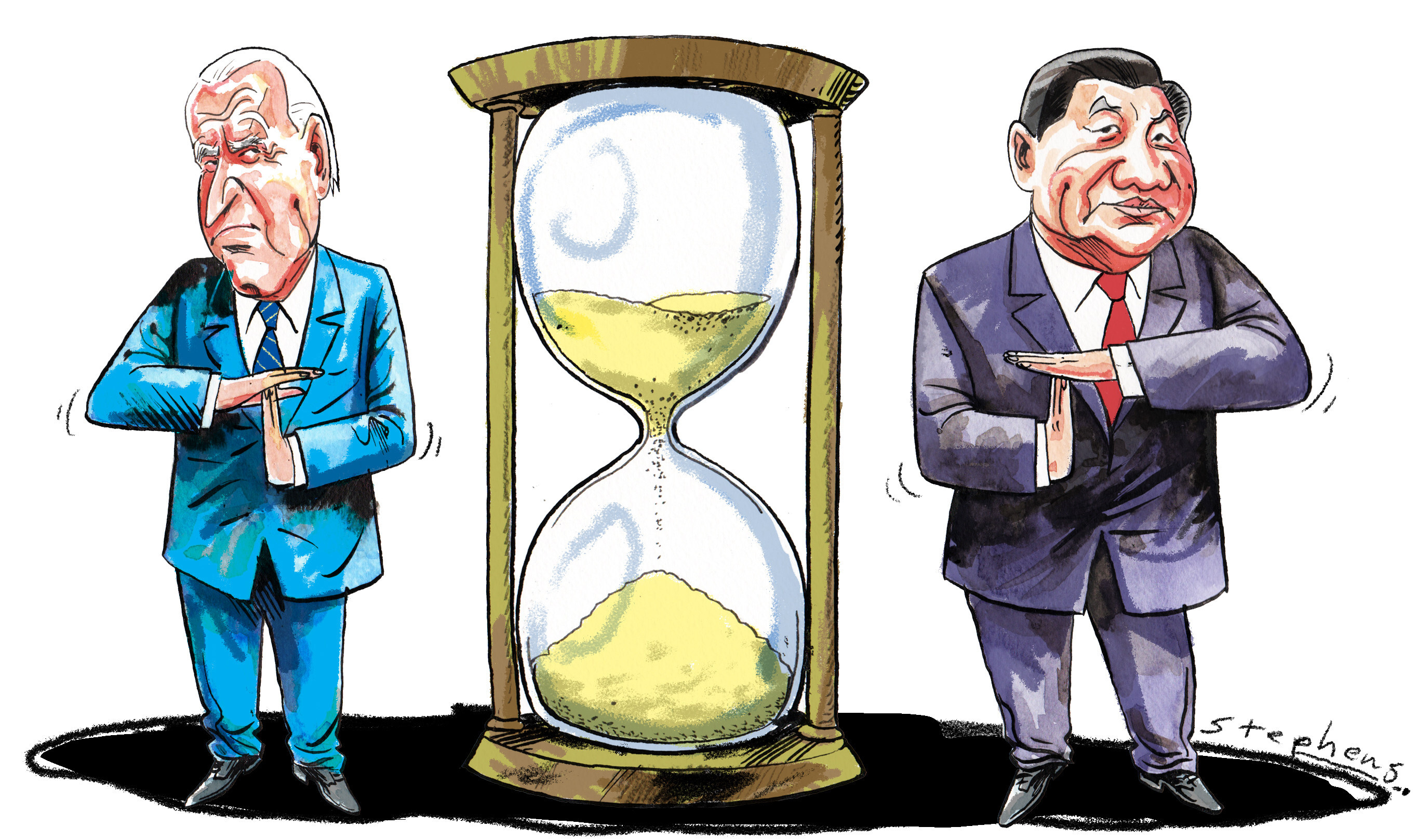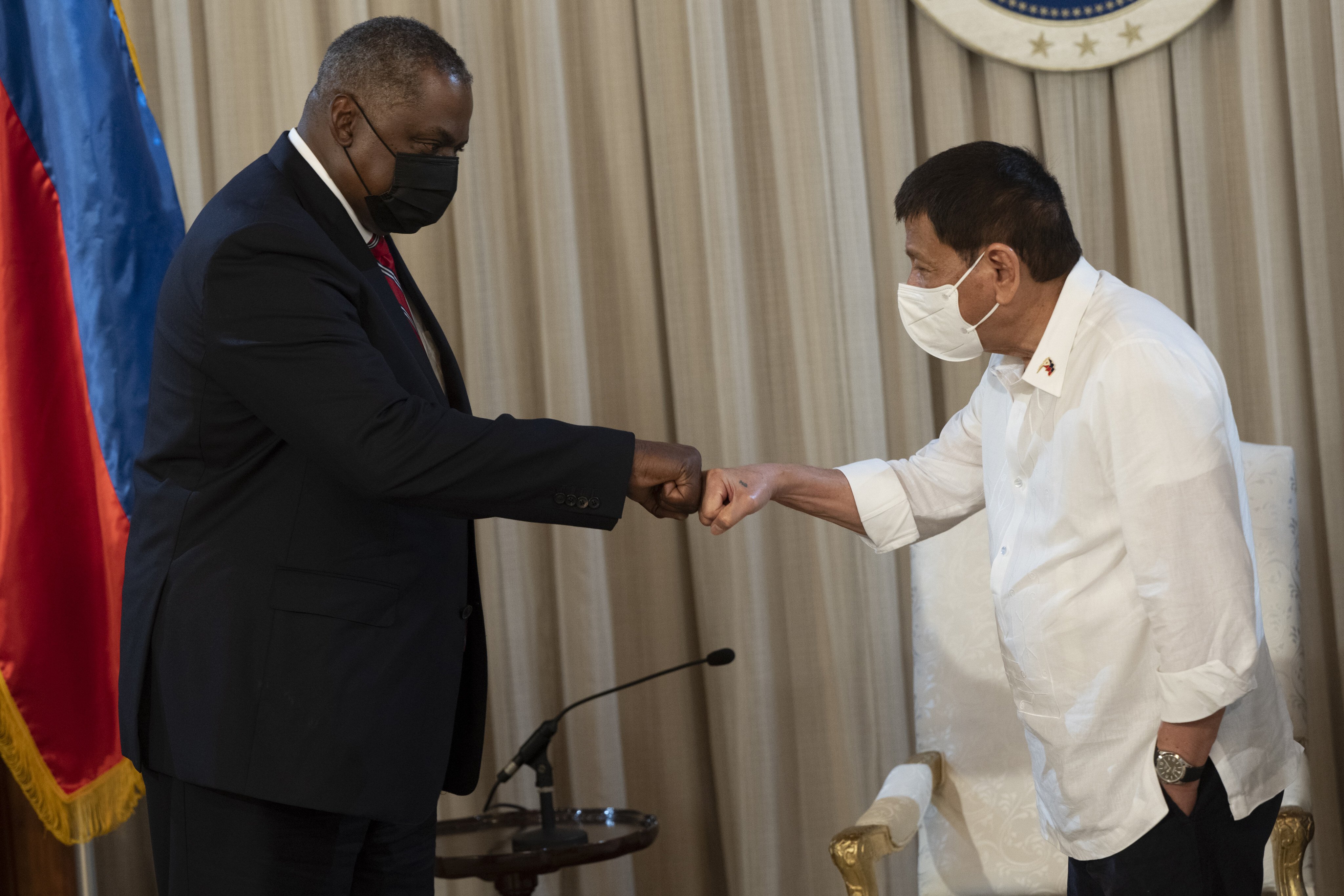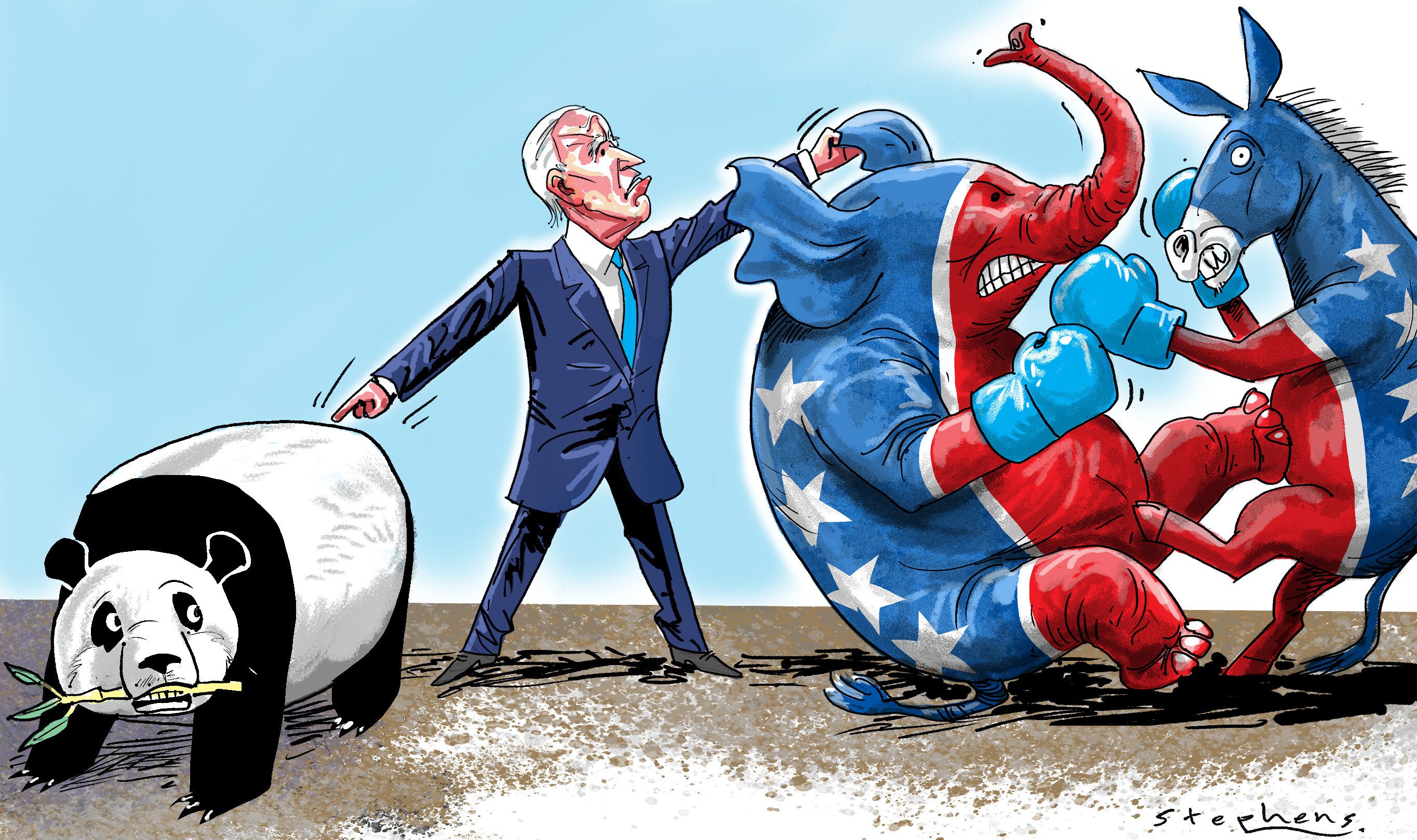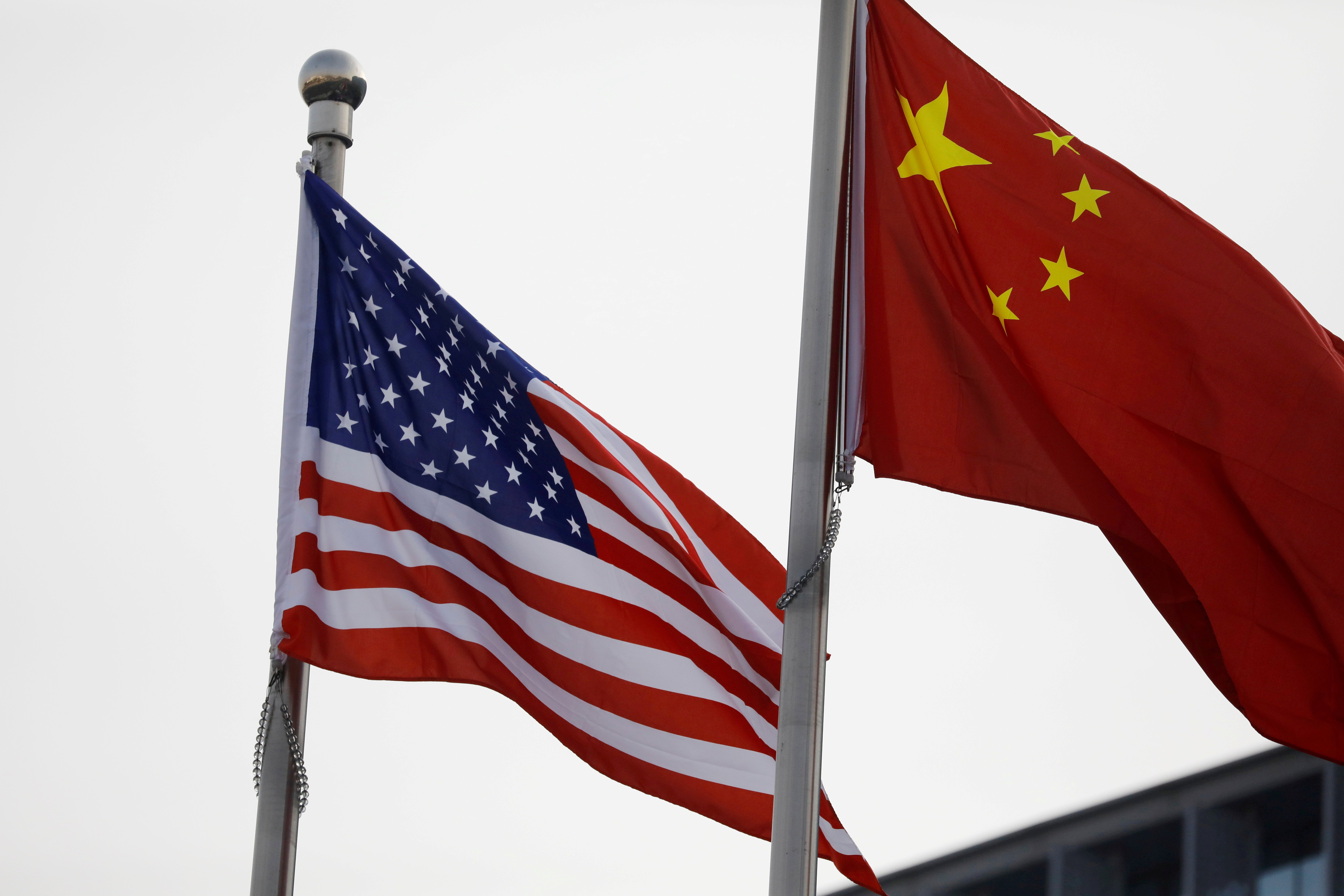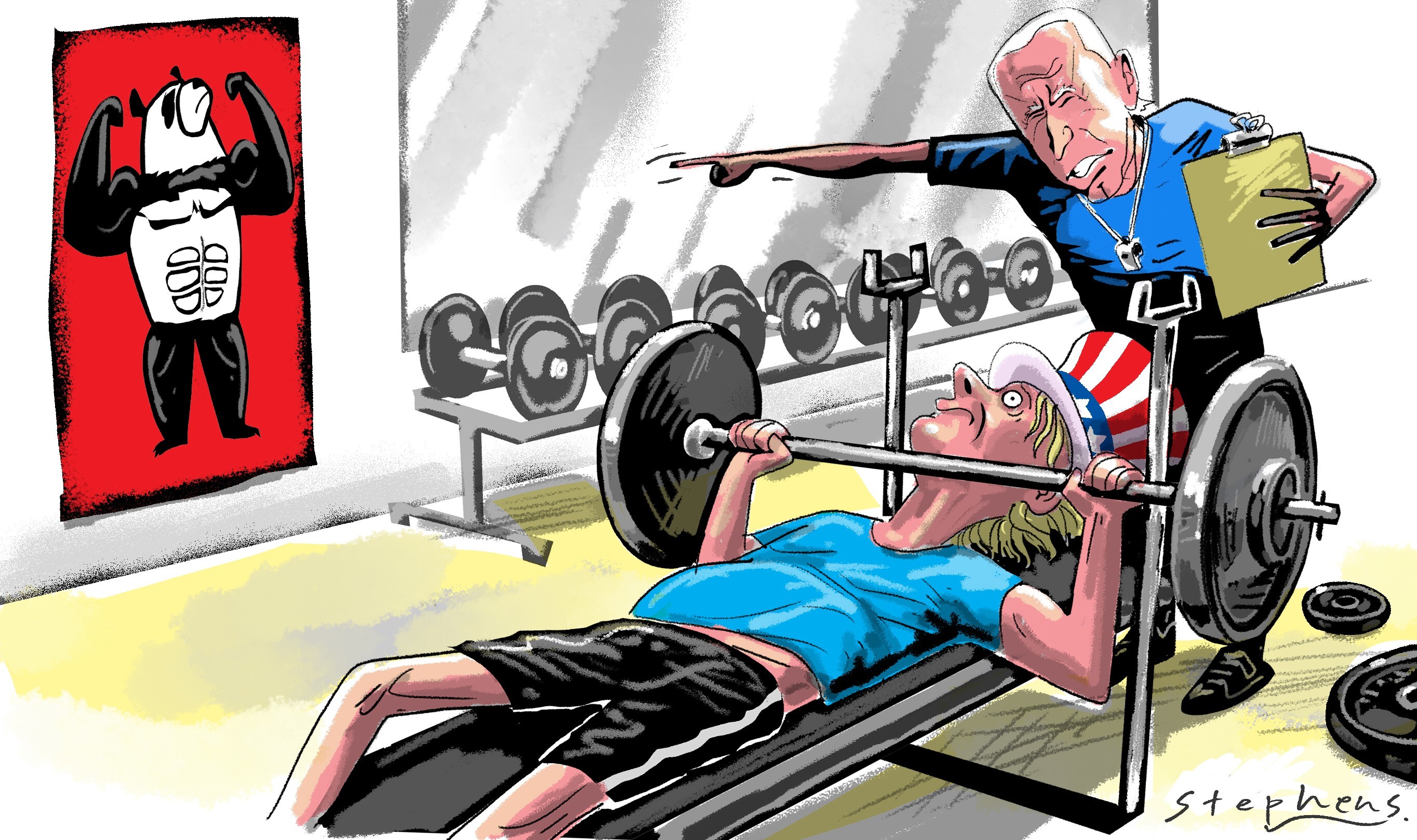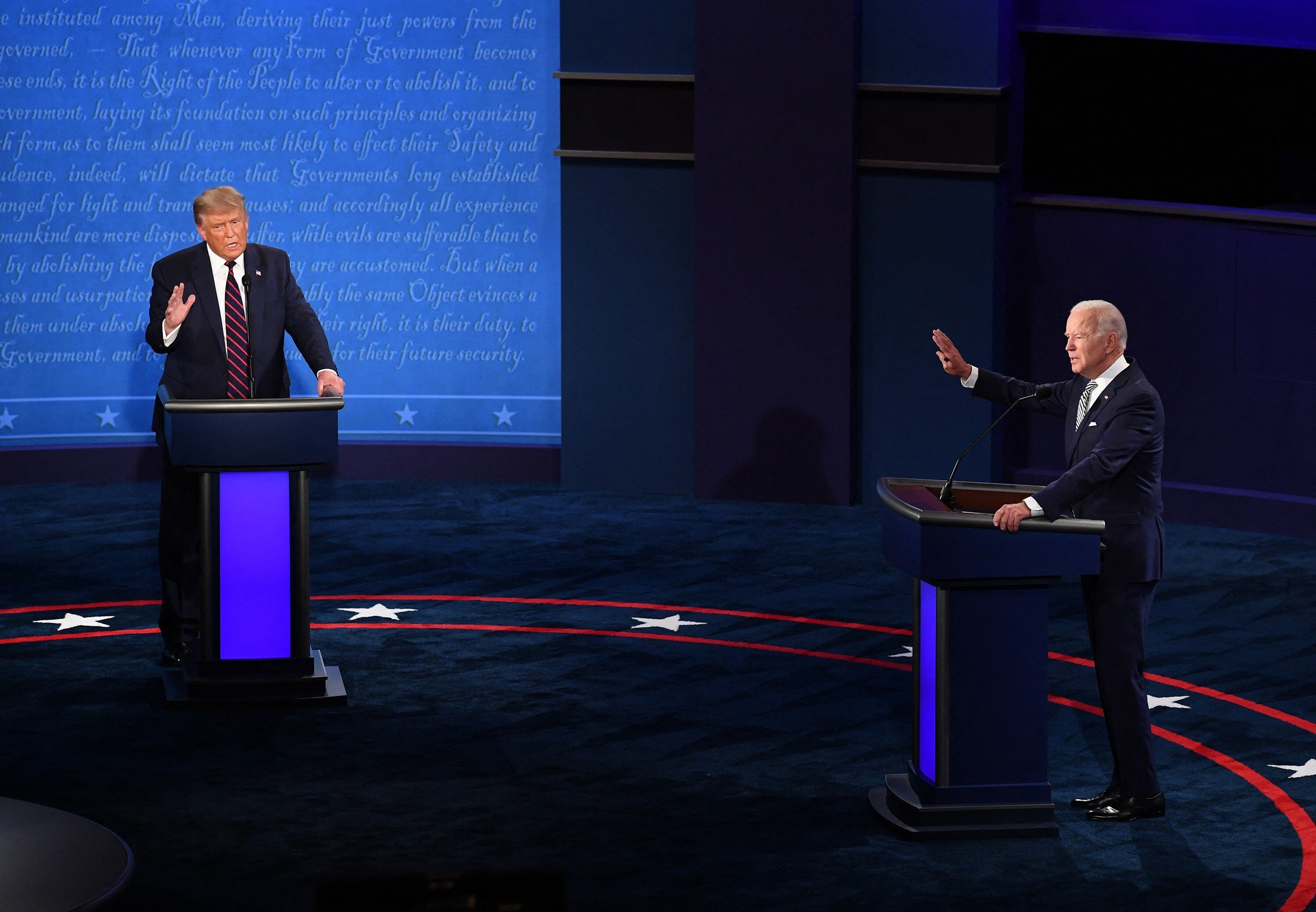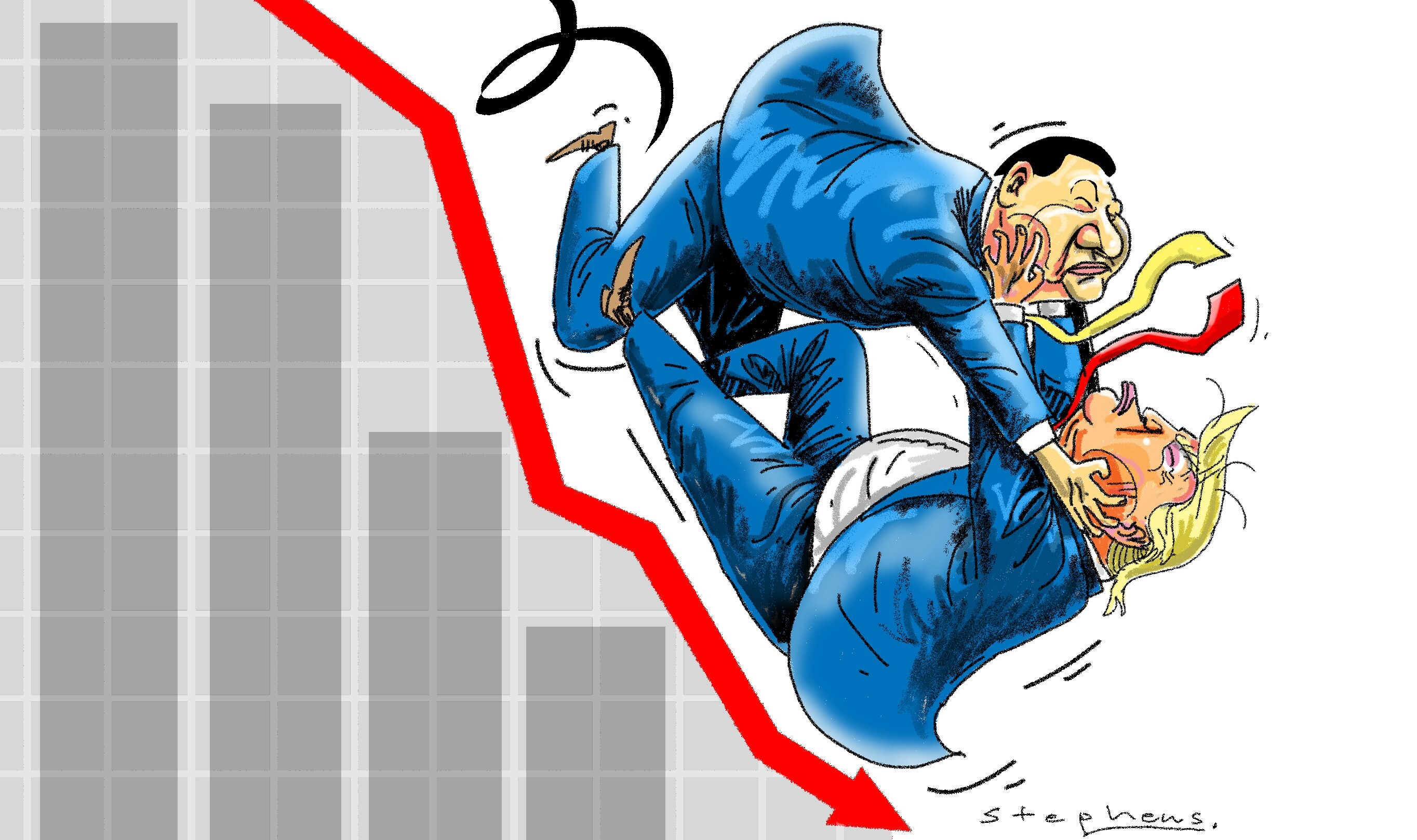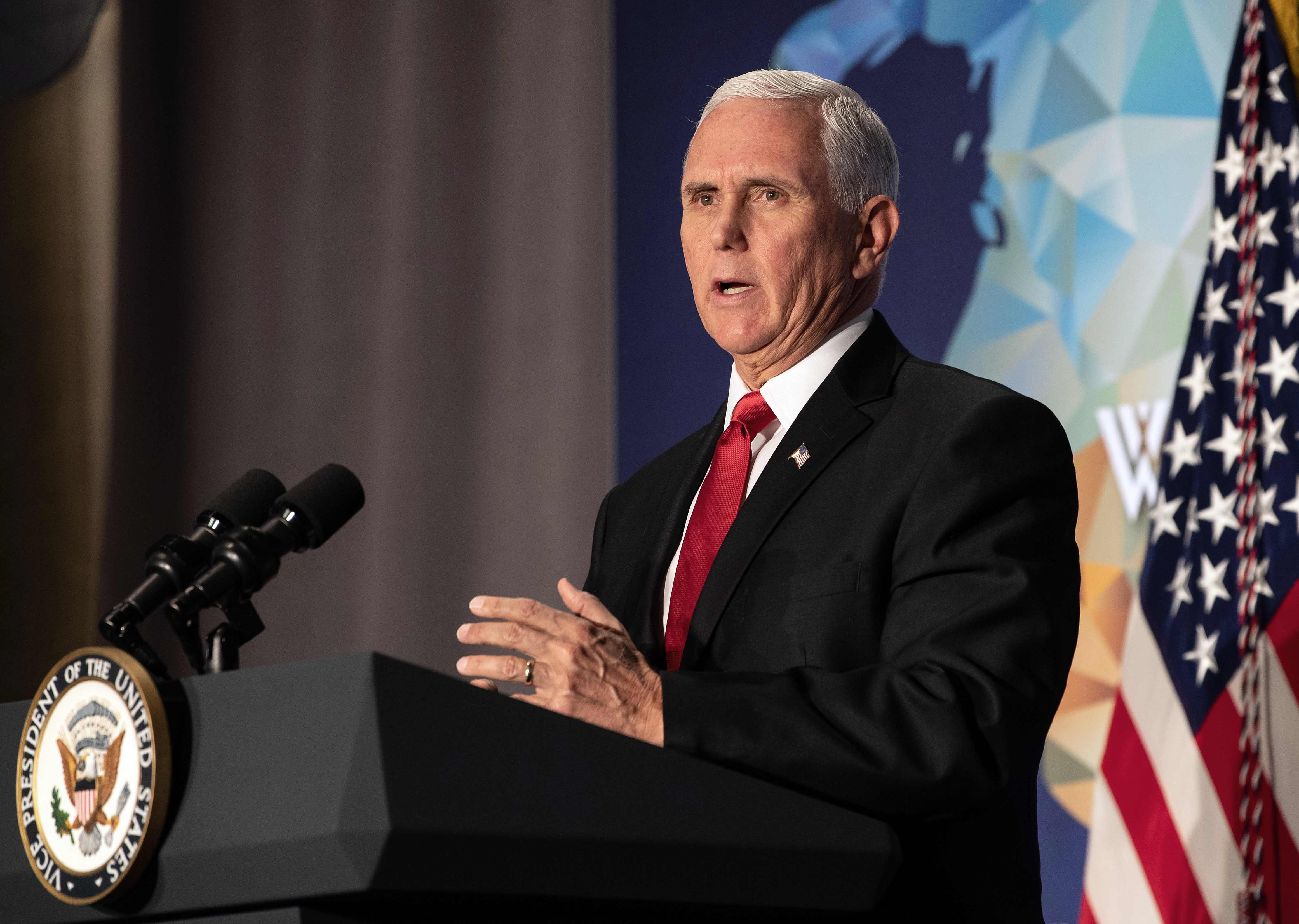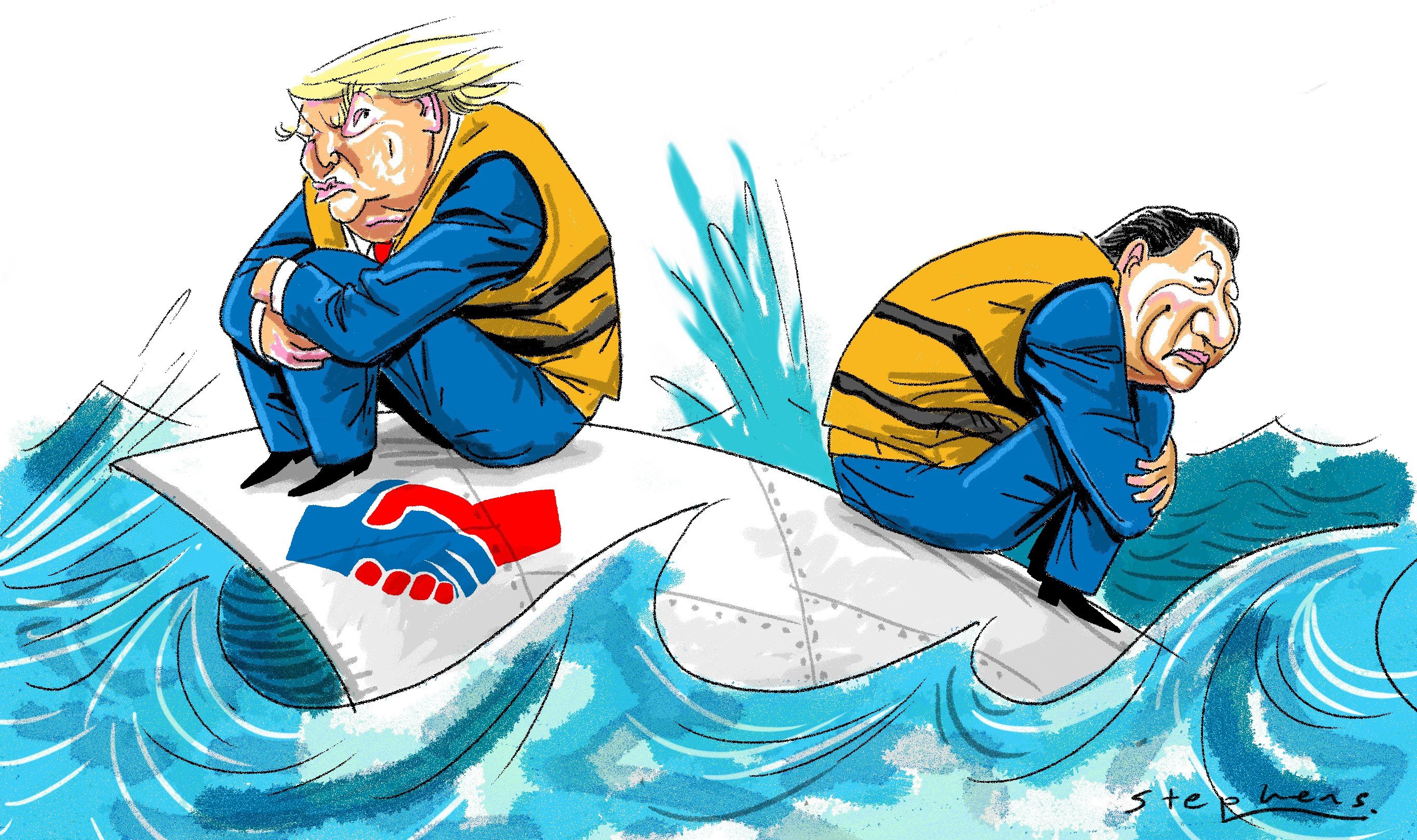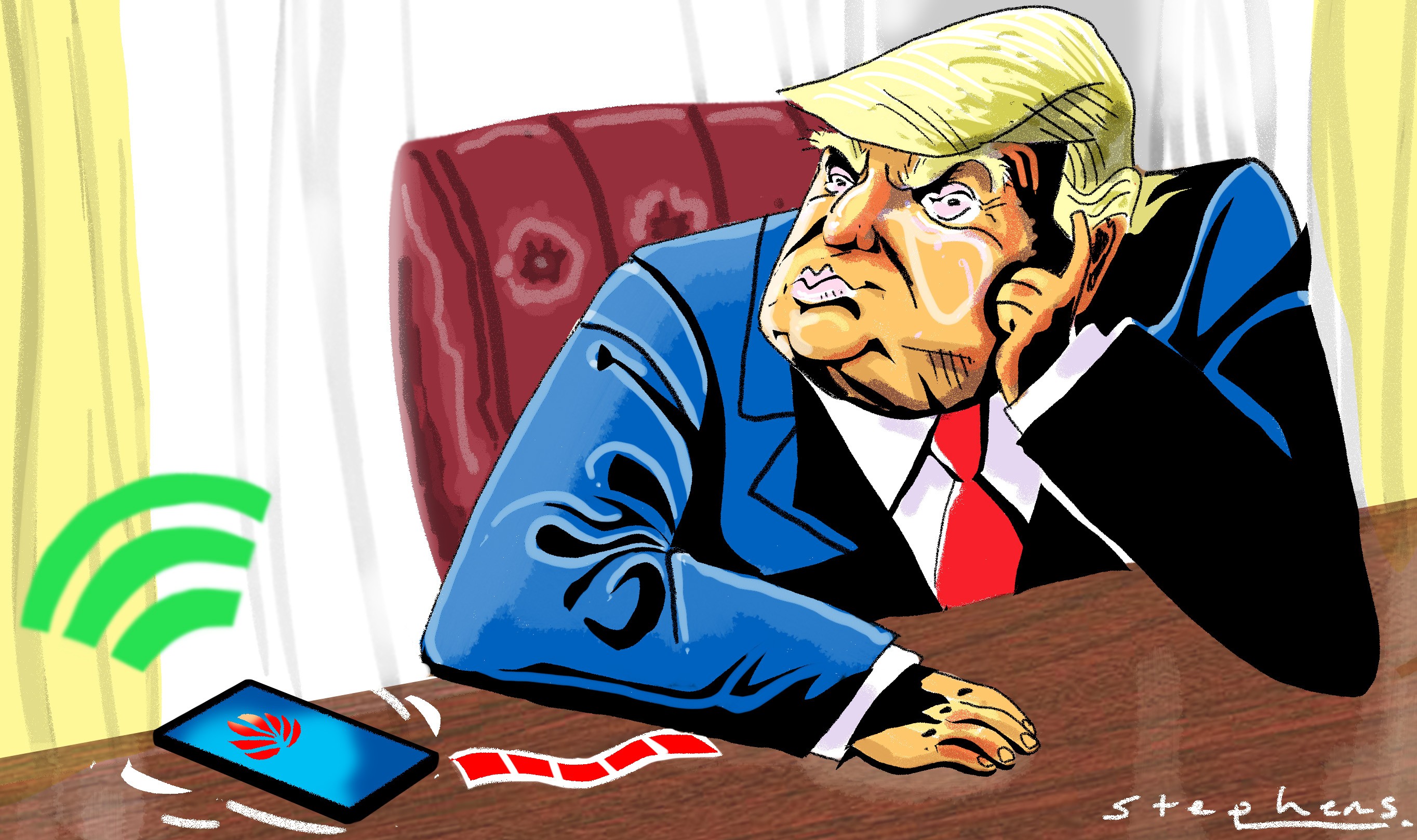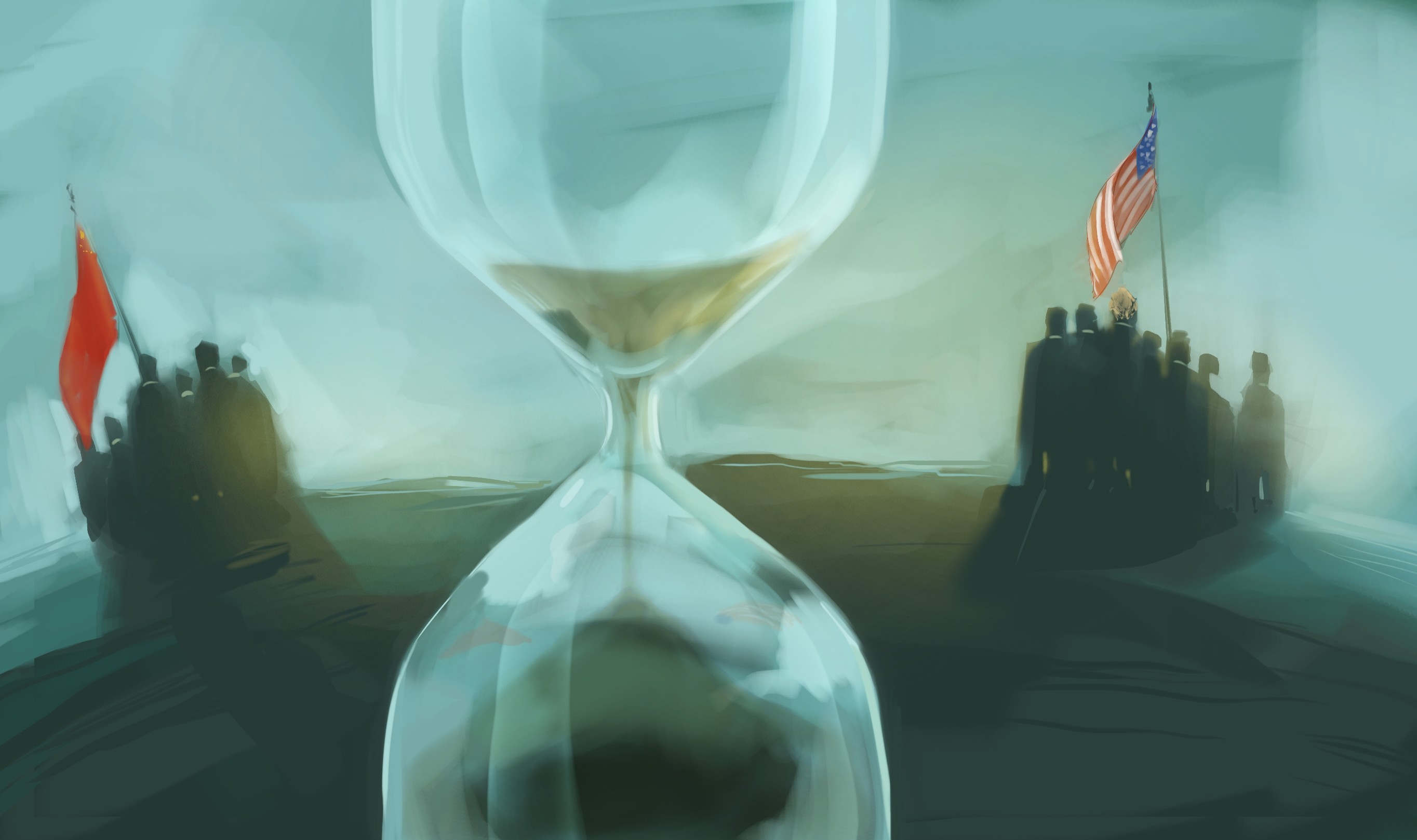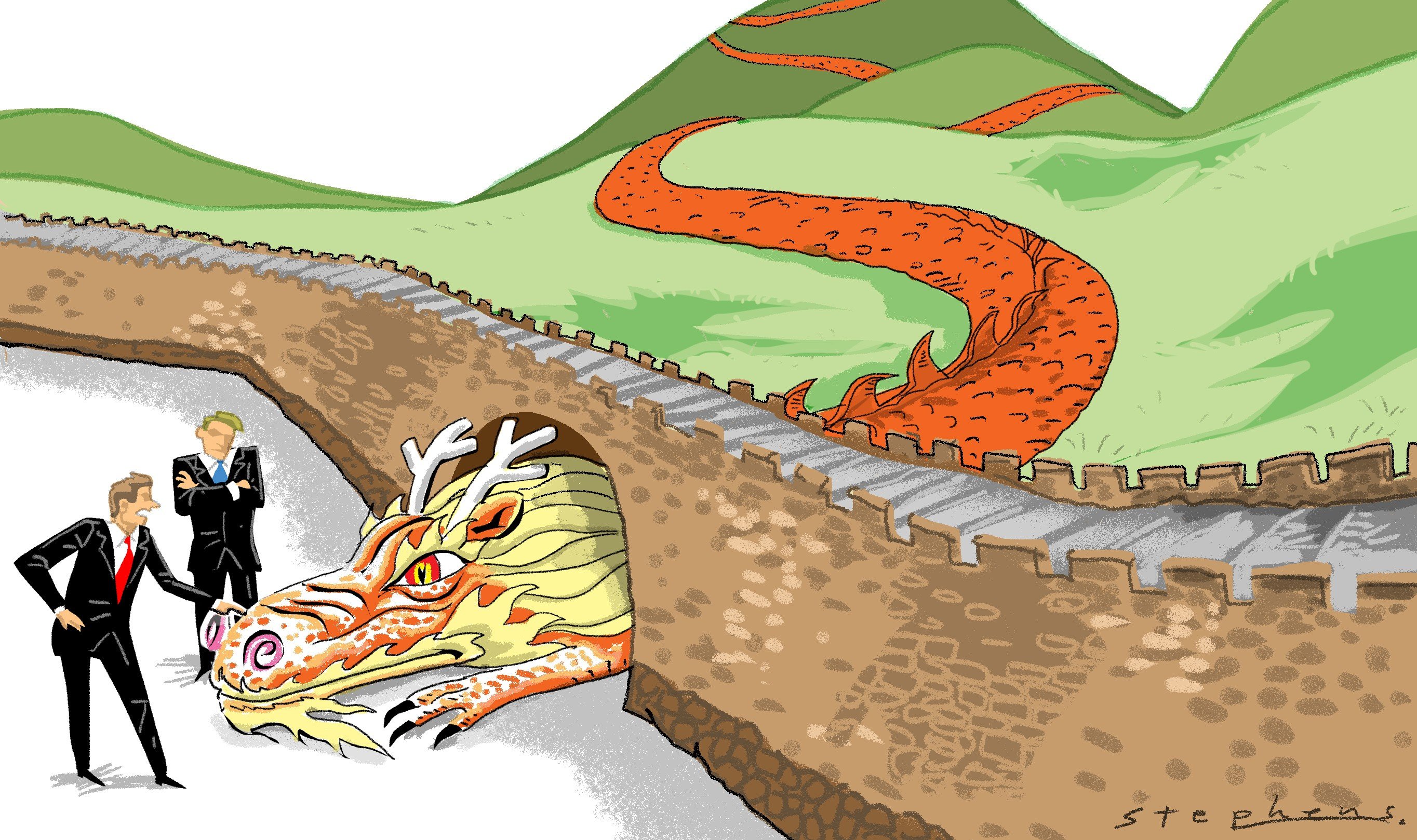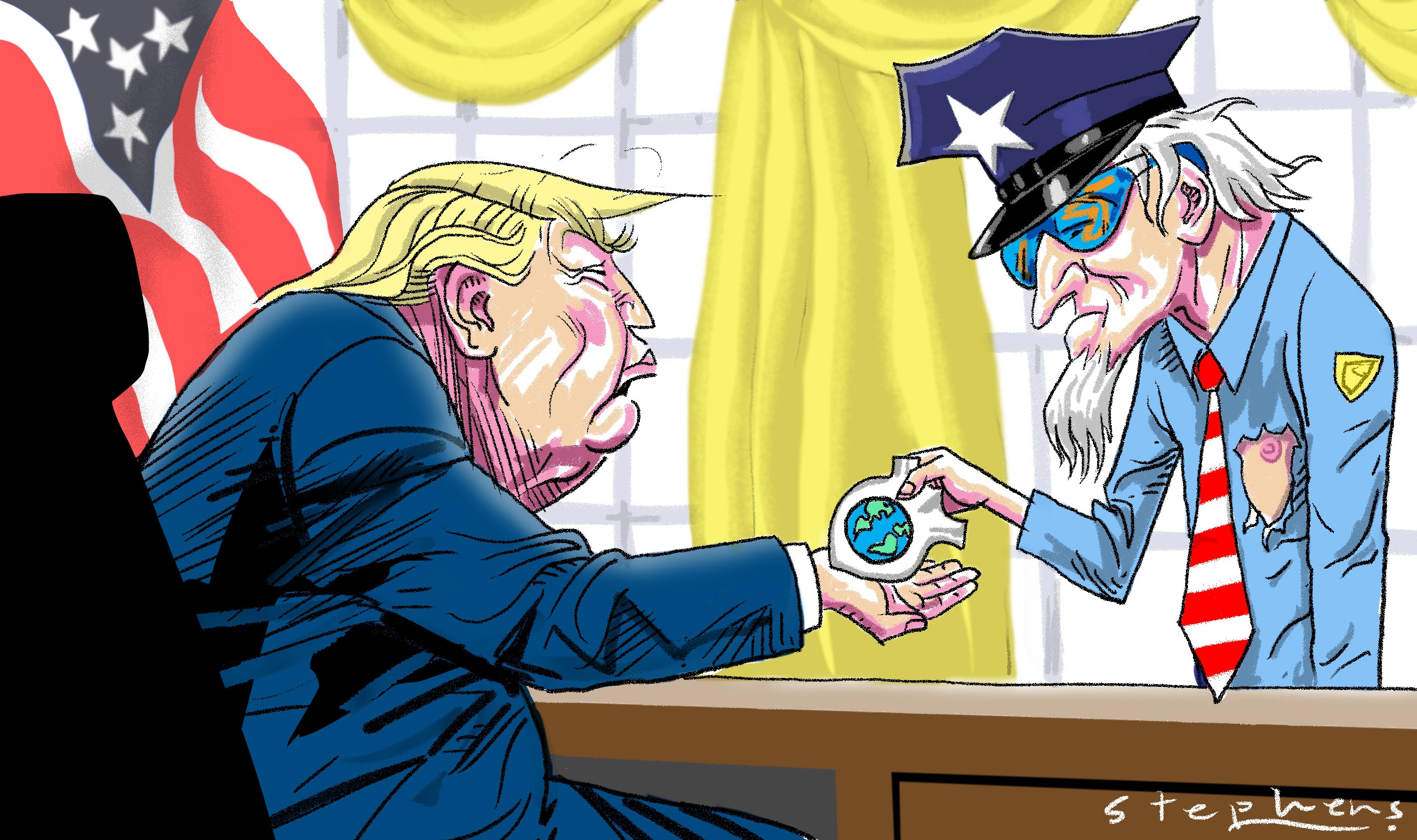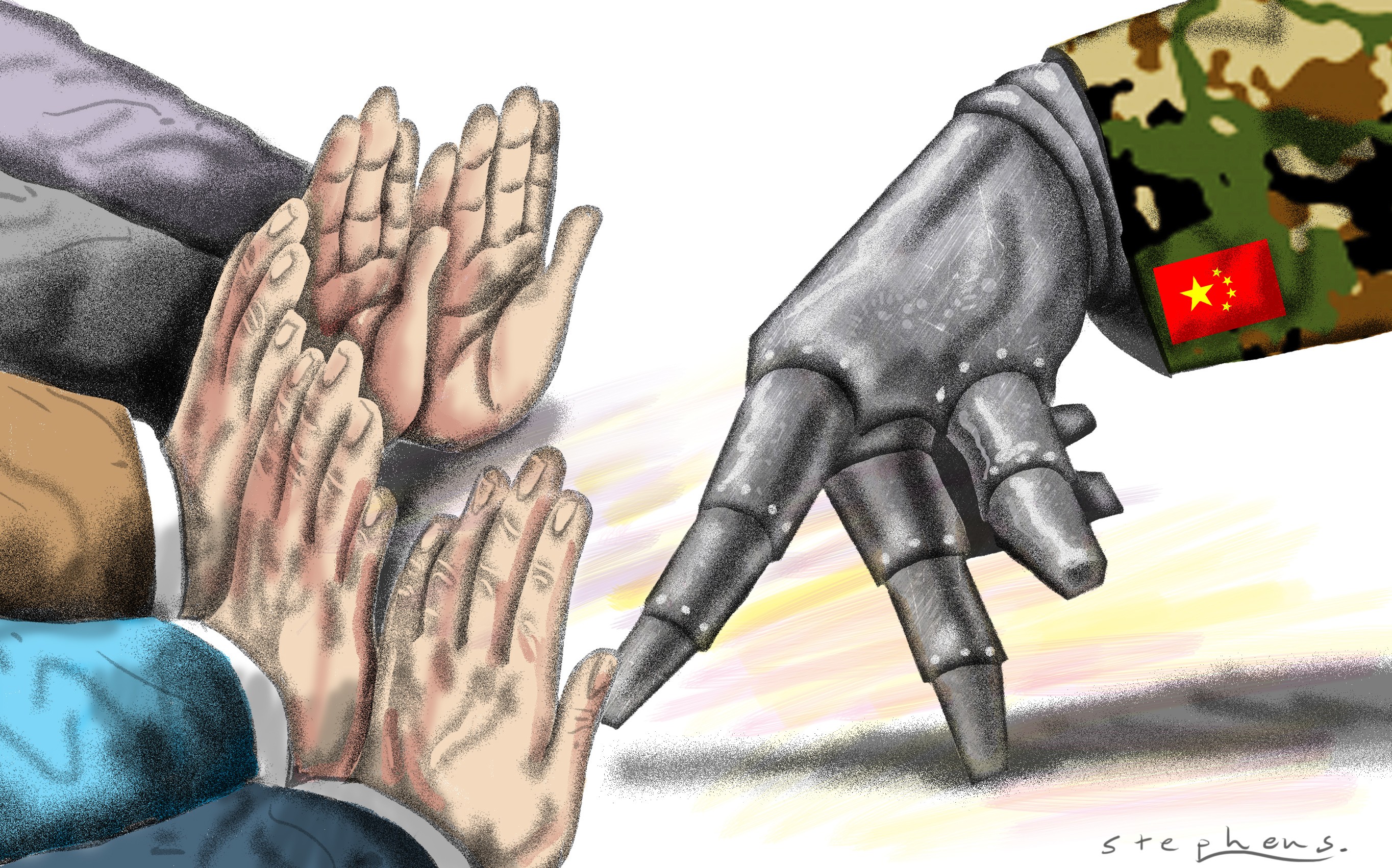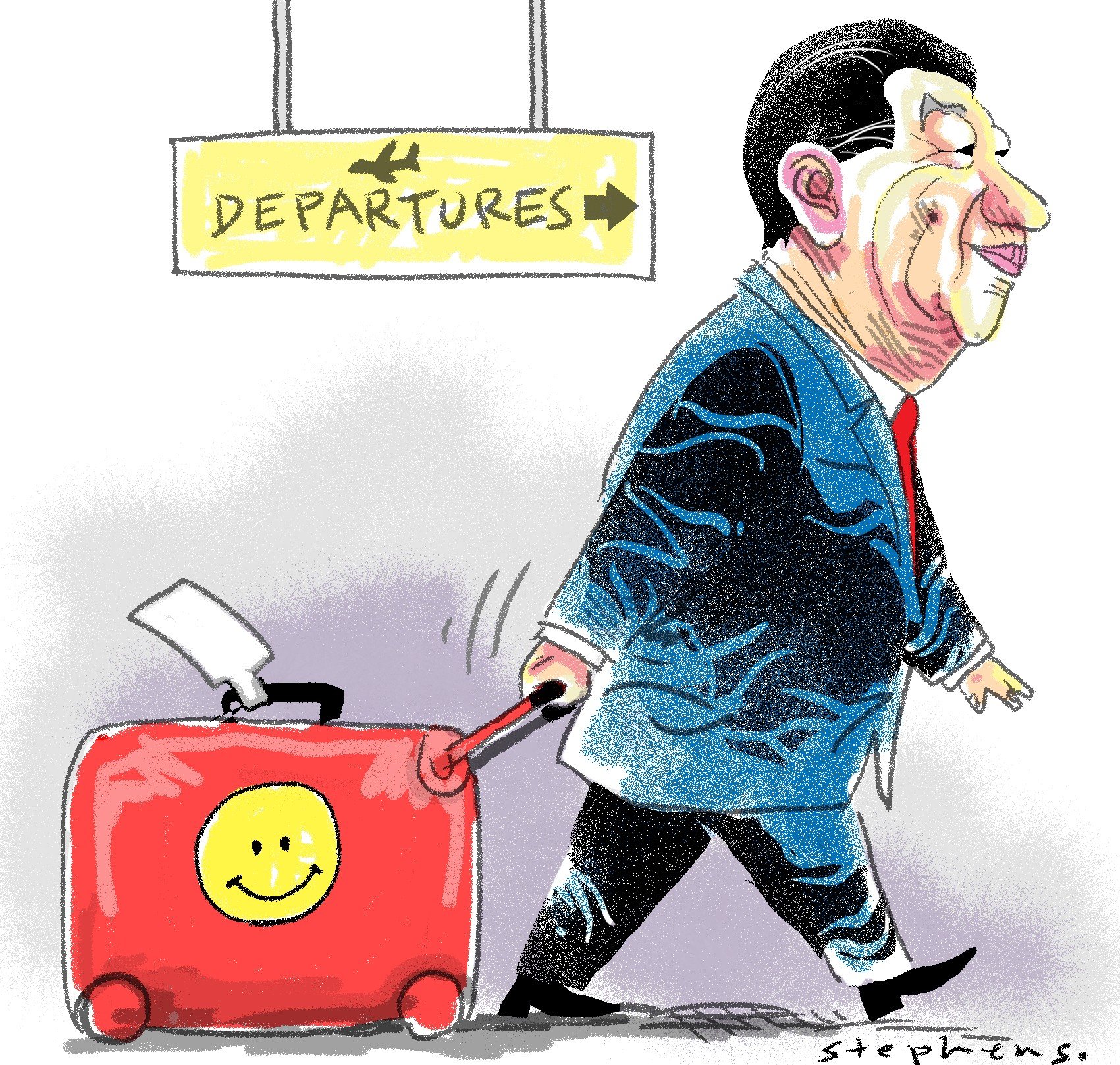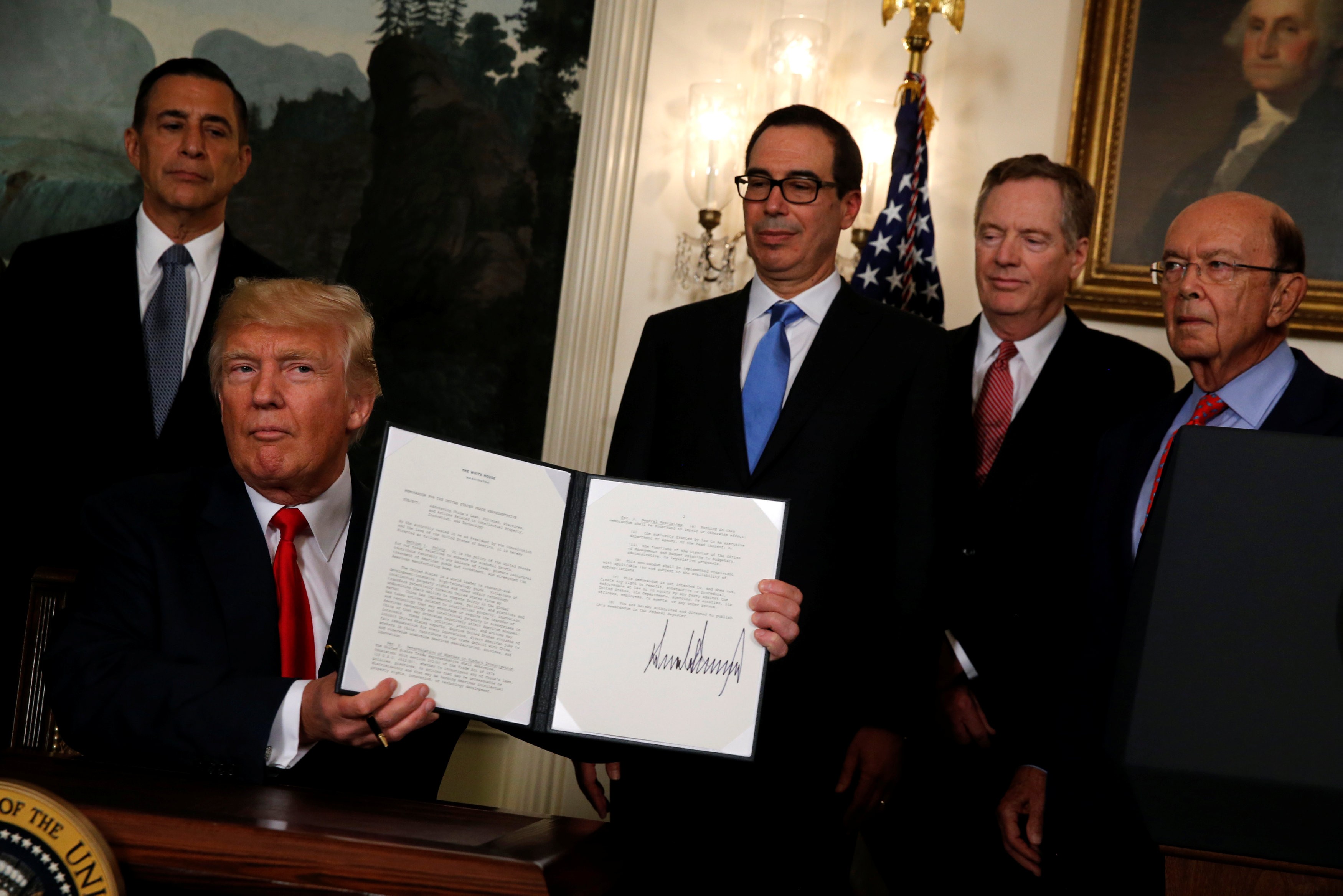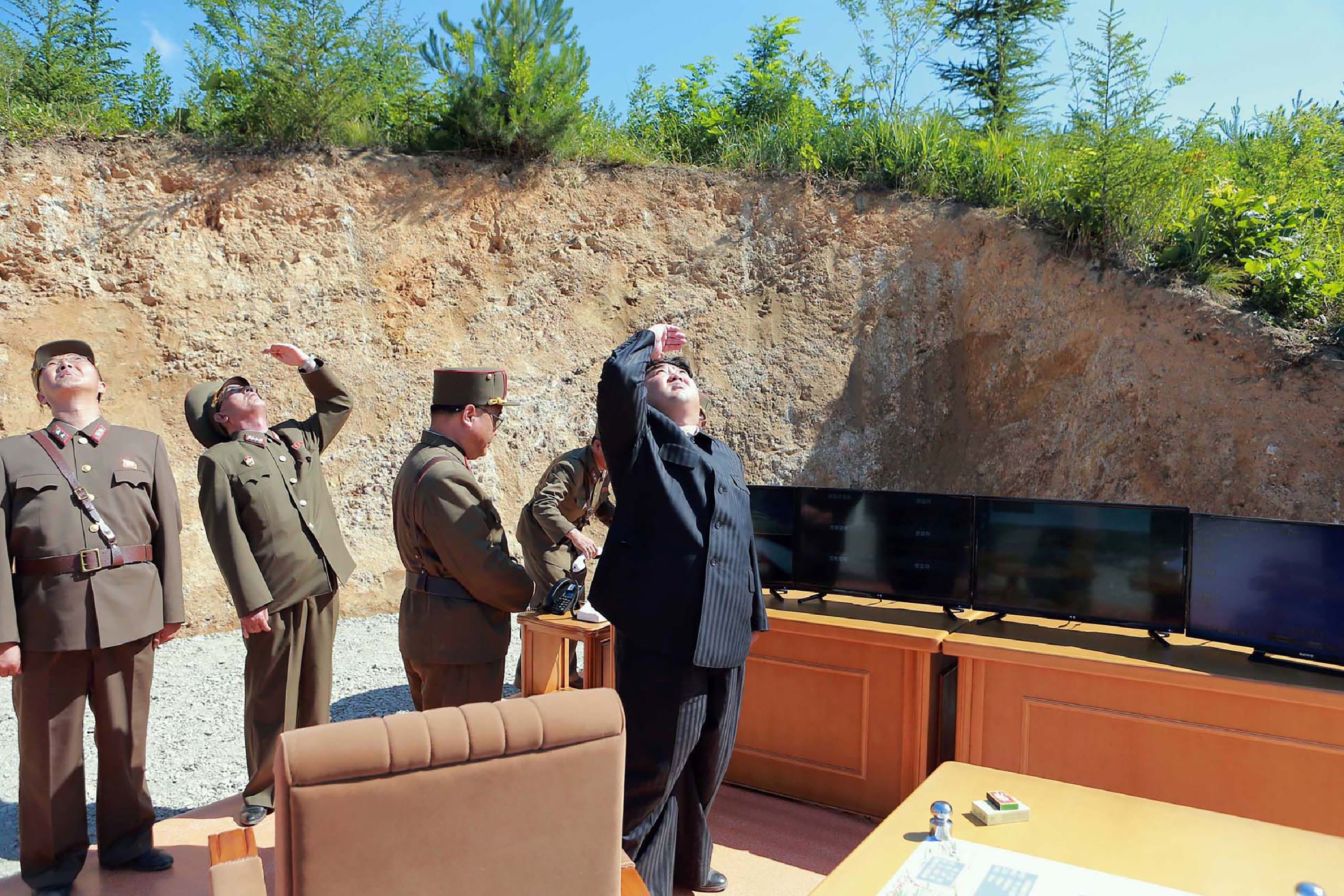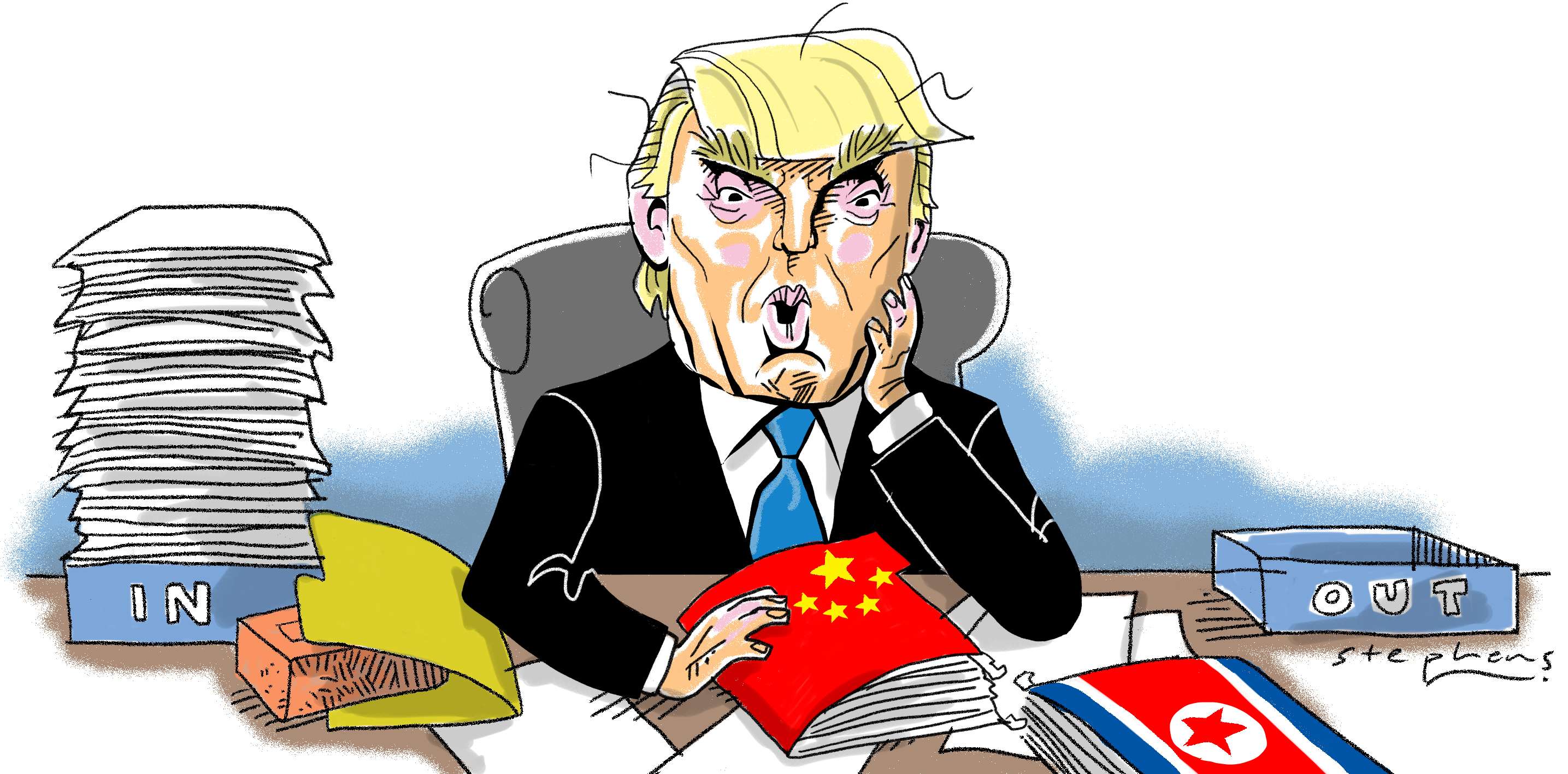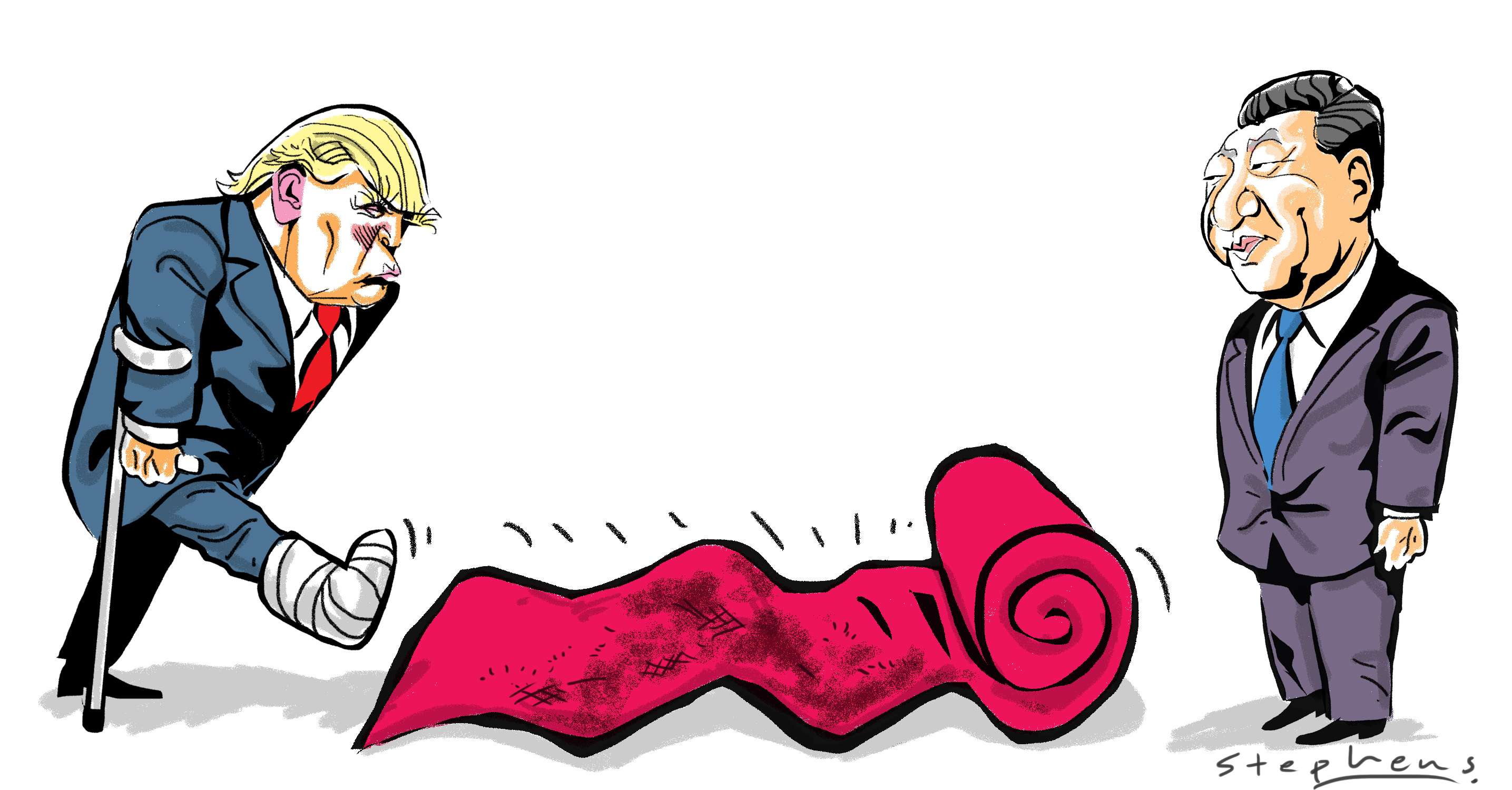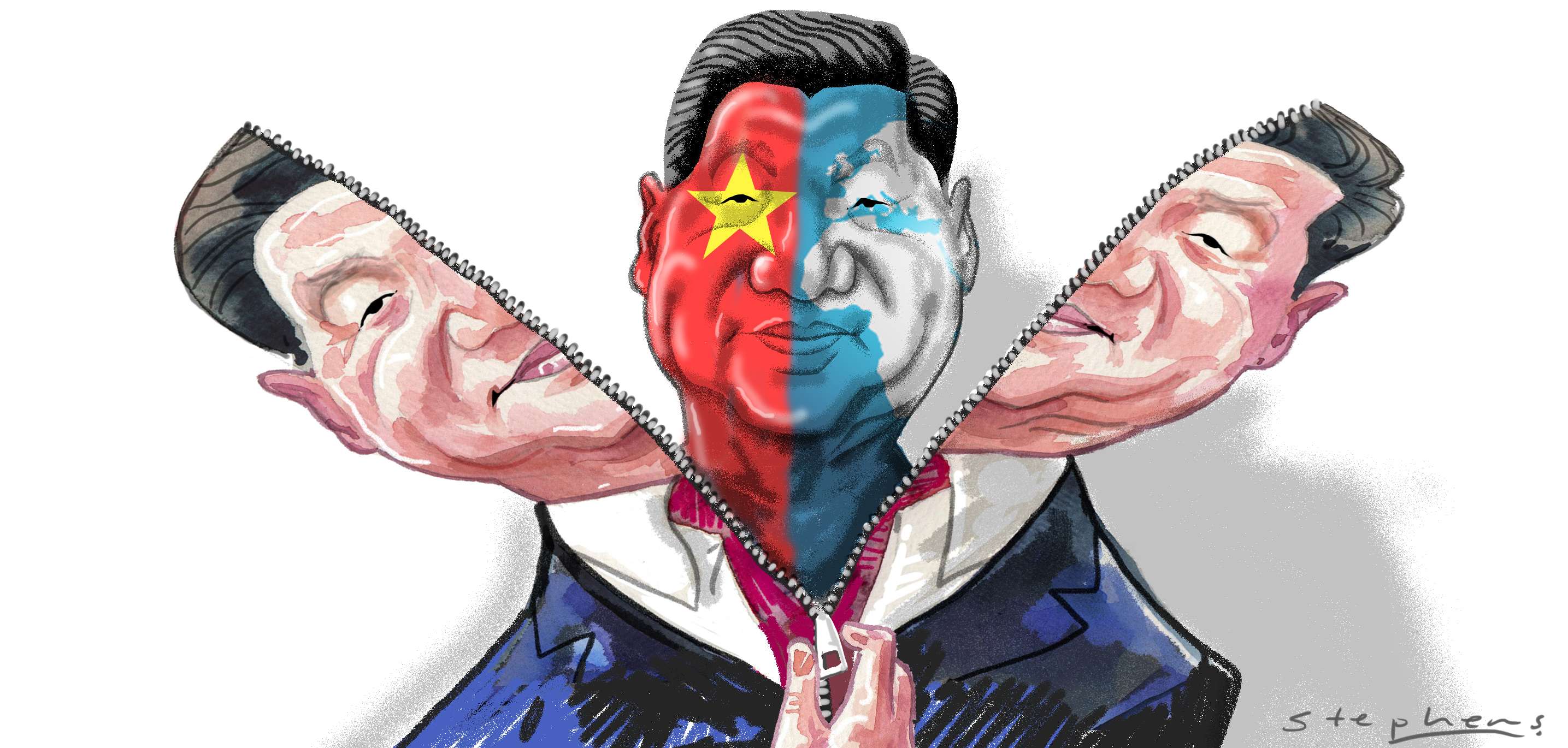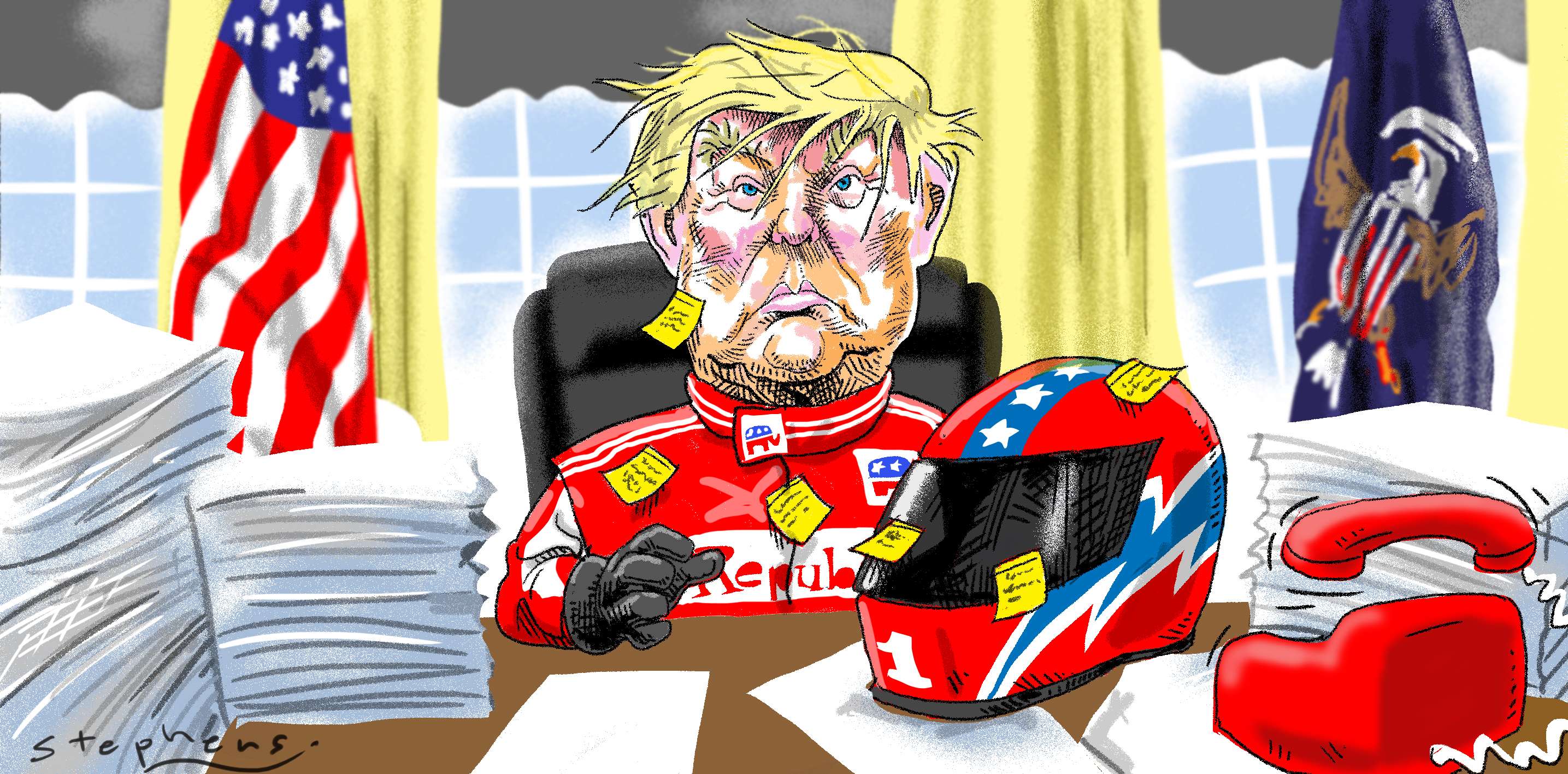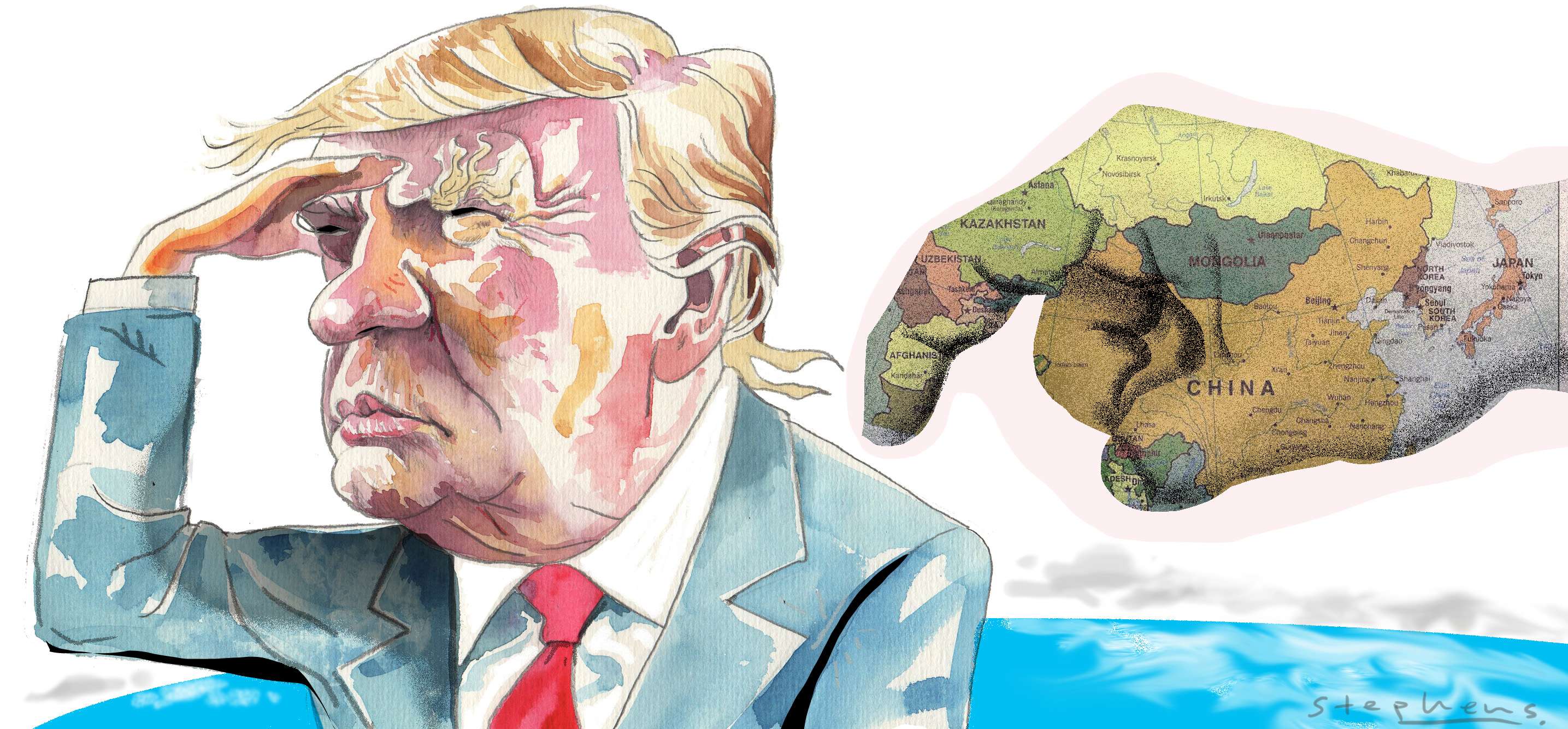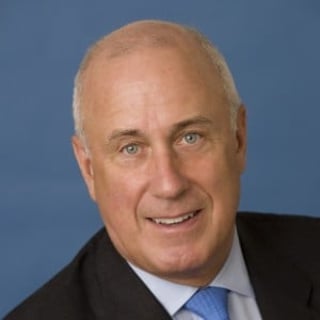
Agreements reached on a host of contentious issues, before and after the Xi-Biden summit, were made possible by the need for both leaders to focus on domestic challenges. Renewed engagement is especially timely between the two militaries.
After over a decade of neglect, US defence secretary Lloyd Austin struck the right note in promoting relations with Southeast Asia for their own sake, rather than denouncing China at every turn.
The Biden administration is trying to tighten the loose ends of the China policy left behind by Trump, while keeping the policy details in the shadows. It suits the White House to ride a wave of bipartisan hostility towards Beijing, and to try to preserve its congressional majority in the 2022 midterm election.
Keeping the peace with China will give the US time to deal with the pandemic, right social wrongs, and restore competitiveness at home.
Rebuilding America’s competitiveness at home and leadership abroad should be top priority for Biden. China must come later – when the US has regained its strength – and the focus should be on a return to routine.
If Trump loses the election, he could impose a high cost on America’s reputation and government functions even if he tries to stop a transition of power. The first task after the election is to prevent Trump and his staff from engaging in scorched-earth tactics, before ensuring the government works properly again.
Despite months of effort, the US president has failed to get American voters more focused on China’s culpability than on his administration’s mishandling of the pandemic. Beijing is not out of the woods yet, though, as Trump’s China hawks could still leave a legacy of severed US-China ties.
Trump’s ineptitude at managing the Covid-19 crisis has been equalled only by his agonising daily briefings. Meanwhile, Xi is trying to divert attention from Beijing’s early lapses by authorising propaganda to restore China’s image.
The US vice-president’s speech had two tasks: reassure financial markets ahead of the 2020 election while also rousing Trump’s political base. Red meat thrown to the latter crowd made headlines and irritated Beijing, but the speech also left leeway on a trade deal.
Since the breakdown of the latest round of trade negotiations, the Trump administration has signalled that all-out containment, rather than competition, now guides its dealings with China.
As American allies like the UK and Germany seem unlikely to ban the Chinese telecoms giant, the US should capitalise on its current position of strength to negotiate an agreement that constrains Huawei’s ability to pose a security threat.
Beijing should seize the moment, amid the trade truce and 40th anniversary of opening up, to push on with its reform agenda as a face-saving way to ease tensions with the US.
Officials in the US government are today much warier of Beijing, thanks to fresh memories of Xi Jinping’s power grab and its territorial ambitions, compared with those now retired who had experience of pre-reform China.
In the eagerness to make a deal and woo American voters, Donald Trump has further chipped away at the US’ global security presence.
China’s military moves since the 19th party congress should be a warning to its neighbours to start thinking about their relationship collectively.
Beijing is softening its diplomatic approach to head off the possibility of an anti-China coalition forming on its doorstep.
